Cameroon and Brazil Sign Strategic Agreement for Sustainable Cocoa Production
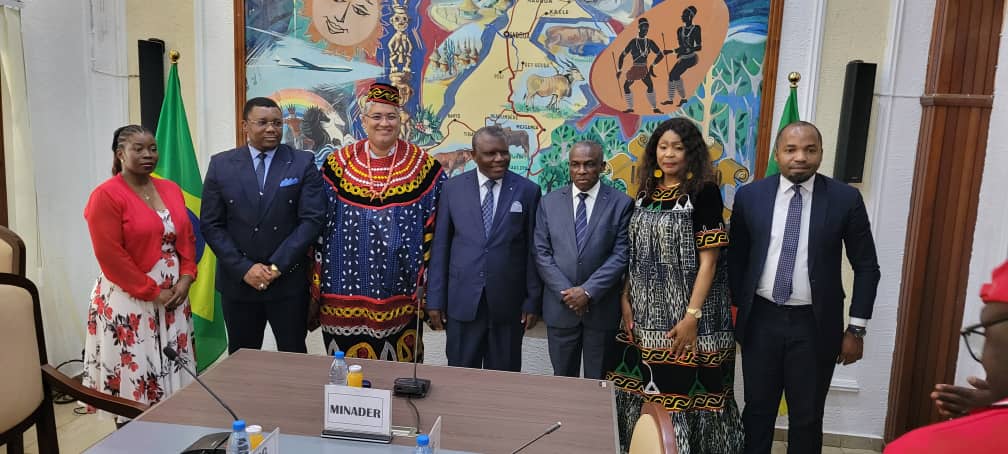
Cameroon and Brazil are joining forces to modernize the cocoa sector and champion a production model that is sustainable, inclusive, and globally competitive.
From August 3 to 8, 2025, Cameroon played host to a high-level Brazilian delegation led by THIAGO Guedes, General Manager of the Executive Commission of the Cocoa Farming Plan (CEPLAC). The visit culminated in the signing of a landmark Memorandum of Understanding aimed at driving sustainable cocoa production. Jointly backed by the Cameroonian Cocoa Development Corporation (SODECAO) and Brazil’s CEPLAC, the deal marks the start of a new era in technical and institutional cooperation between the two cocoa producing nations.
A Partnership with deep roots, revitalized by new challenges
Bilateral ties between Cameroon and Brazil date back to 1960, marked by a series of agreements and regular exchanges. The 2005 visit of then-President Luiz Inácio Lula da Silva to Yaoundé had already cemented a shared ambition to collaborate — particularly in cocoa development.
Two decades later, this new agreement is not merely a continuation of past efforts. The cocoa industry now faces unprecedented pressures and challenges that are reshaping priorities: the growing impact of climate change on yields, the European Union’s deforestation-free cocoa regulation (EUDR), and mounting demands for full product traceability from farm to finished chocolate.
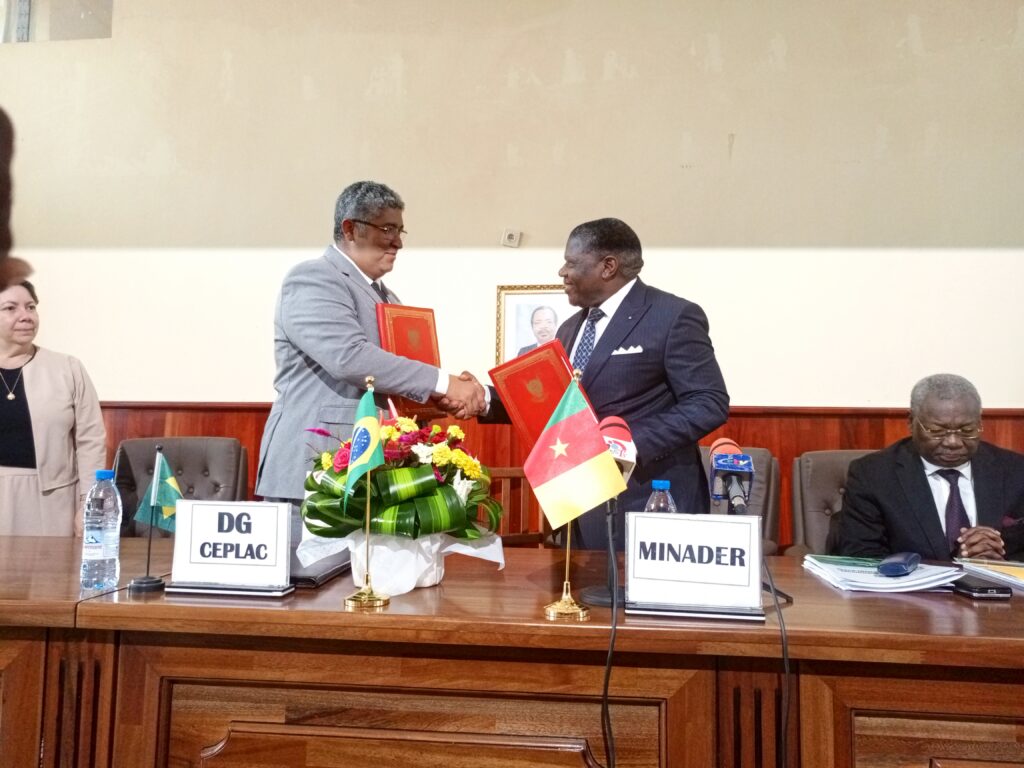
Against this backdrop, Cameroon and Brazil have opted for a results-driven alliance — leveraging their expertise to meet international market demands while safeguarding farmers’ livelihoods.
Shared goals, clear roadmap
The agreement focuses on four strategic pillars:
- Financing;
- Capacity building;
- Research;
- Technical assistance and technology transfer.
Fact-finding with a hands-on approach
During the mission, Brazilian and Cameroonian experts conducted an extensive review of the cocoa value chain through field visits and stakeholder meetings. Highlights included:
- Seed production : SODECAO seed farms and nurseries in Nkoemvone;
- Commercial cocoa farming : Agroforestry-based cocoa plantations in Nkolmetet;
- Semi-industrial processing : Africa Processing Company facility at Mbankomo;
- Producer organization : Youth and women-led initiatives in artisanal processing and marketing at Ngomedzap (SOCOOPROCAM-COOP/CA) and Yaounde 1 Council.th.
These exchanges generated project ideas ranging from modernizing planting material production to creating pilot processing units, along with farmer training and advisory programs which were all tied together by a single guiding principle: producing more, producing better, and protecting forests while ensuring bean-to-bar transparency.
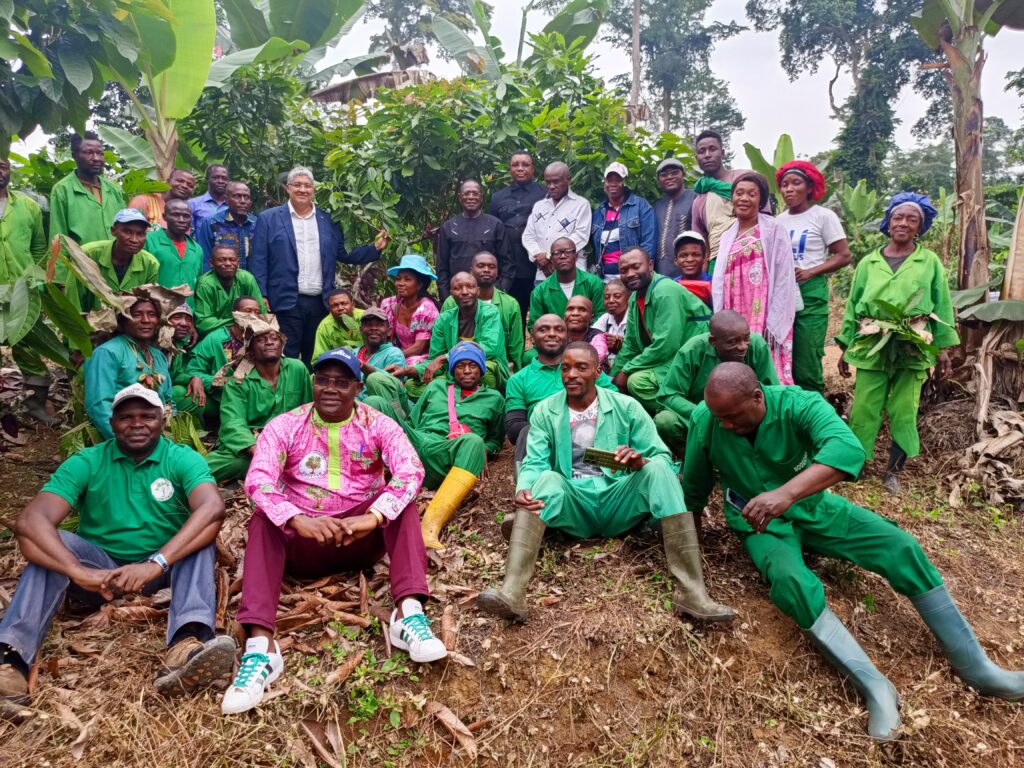
Charting the way forward
The operational phase is set to begin without delay, focusing on:
- Establishing modern, multi-site seed farms;
- Upgrading existing seed farms;
- Supporting cooperatives;
- Empowering women and youth;
- Strengthening human resource development;
- Scaling up local and artisanal cocoa processing.
Far beyond a routine bilateral deal, this new partnership agreement is a direct response to the fast-changing realities of the global cocoa trade and the urgent push for climate-resilient farming etc
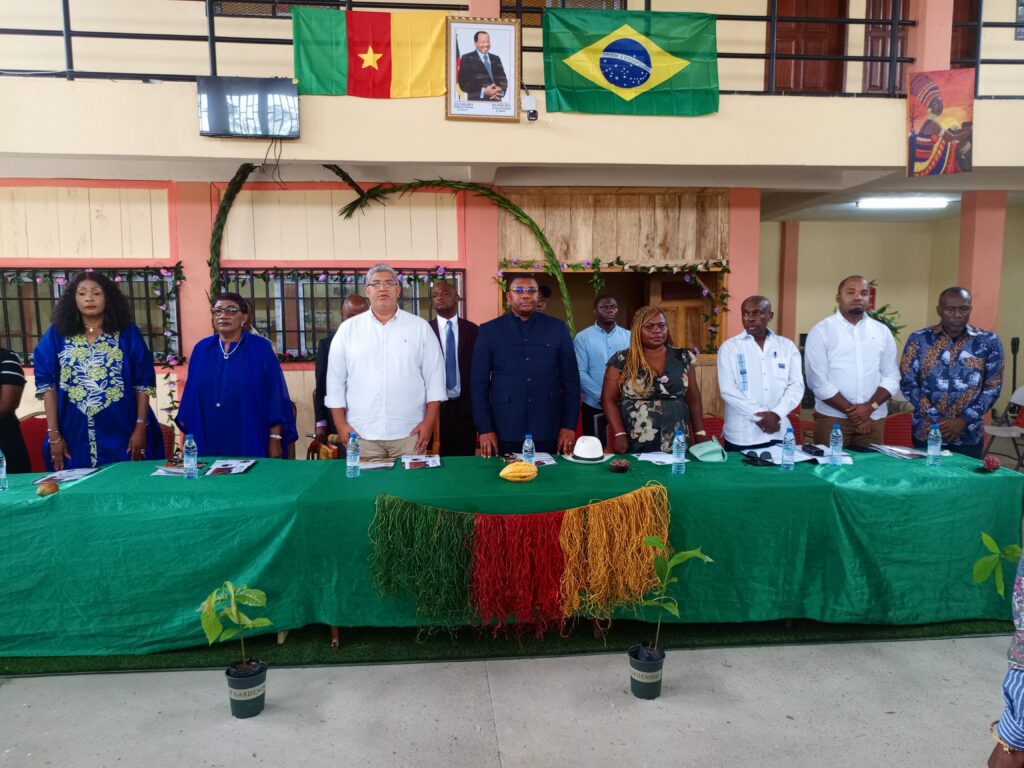
Far beyond a routine bilateral deal, this new partnership agreement is a direct response to the fast-changing realities of the global cocoa trade and the urgent push for climate-resilient farming etc. Rooted in innovation, knowledge-sharing, and local value creation, Cameroon and Brazil are setting out a bold vision: to position cocoa as a powerhouse of sustainable development, a global mark of excellence, and a heritage worth passing on to future generations.
NJK





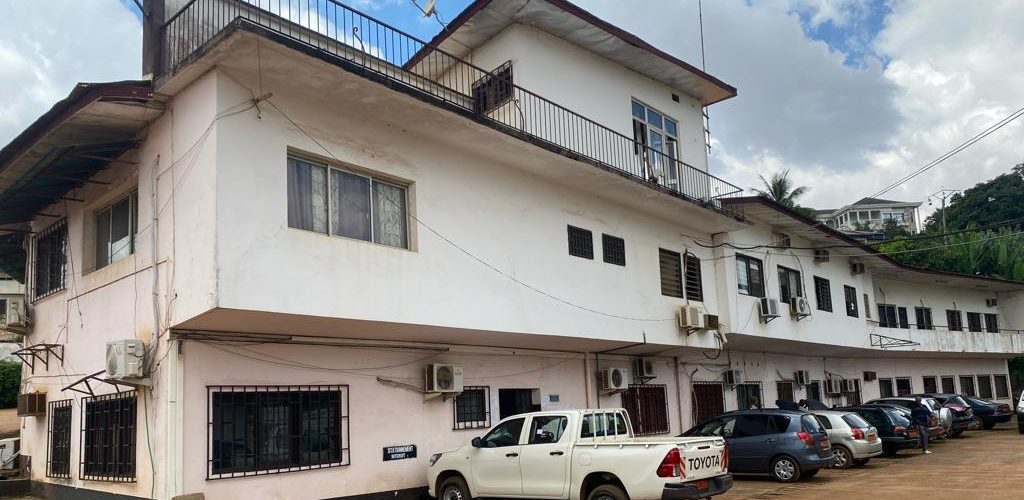
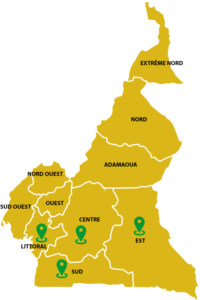

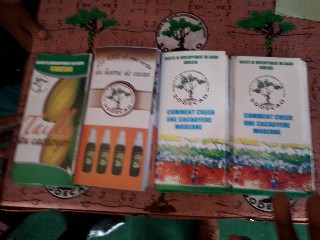
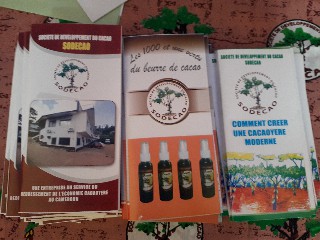
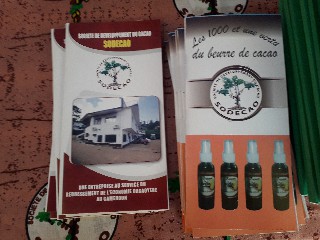
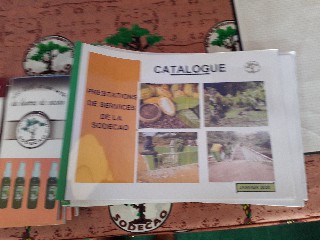
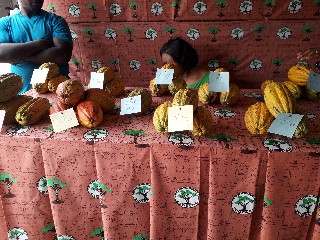
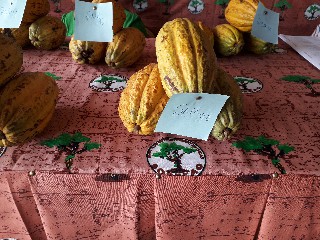
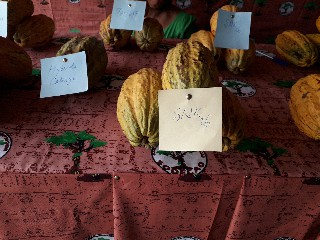
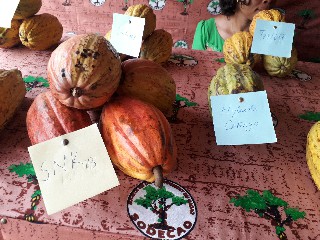
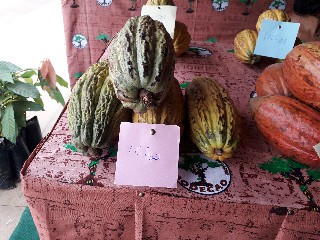
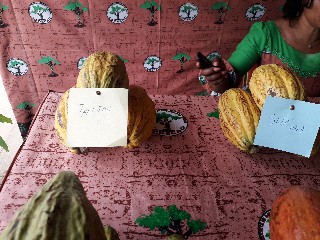
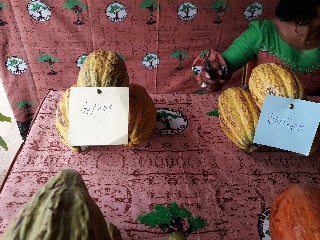
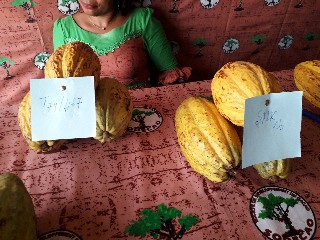
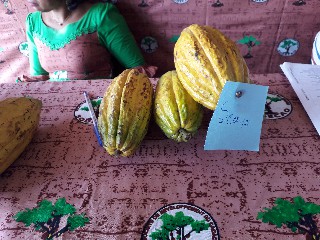

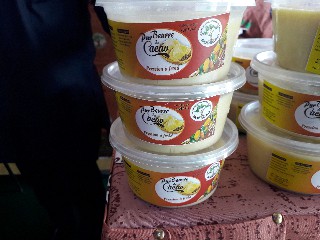
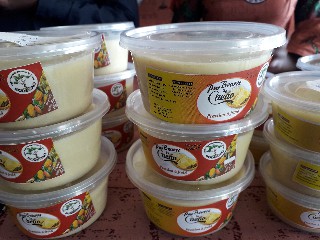
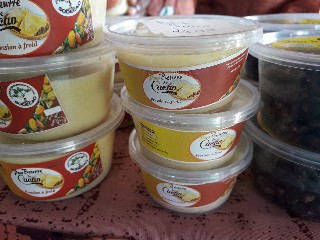
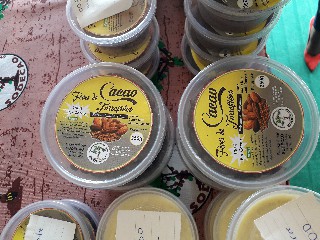
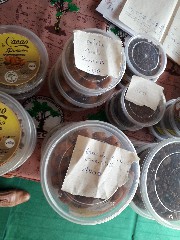
Recent Comments